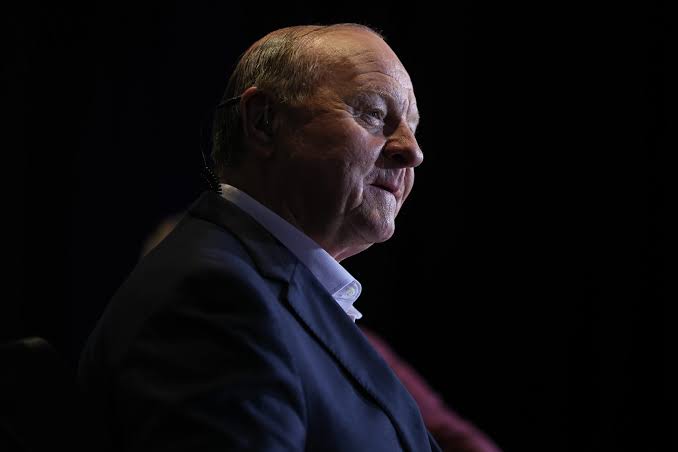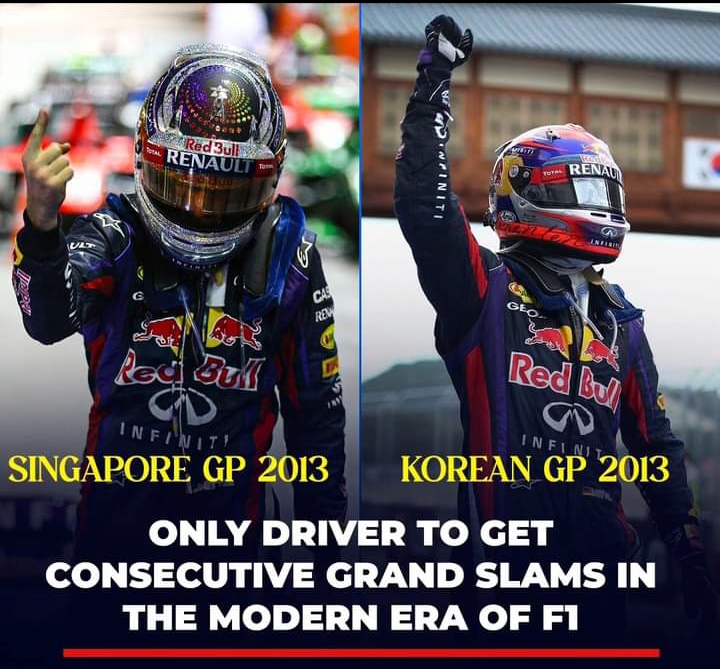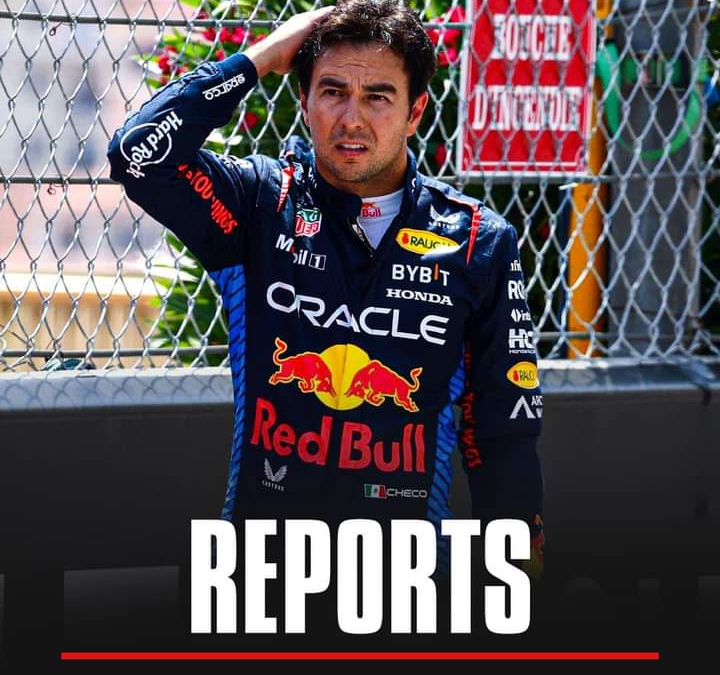The charter conflict between Front Row Motorsports (FRM), 23XI Racing, and NASCAR has reached new heights, with a federal antitrust lawsuit filed against NASCAR and its controlling France family. This legal battle has created a major stir in the NASCAR world, dividing opinions on the future direction of the sport.
Veteran NASCAR crew chief and well-known racing analyst Larry McReynolds has strongly sided with NASCAR in this dispute. He openly criticized 23XI Racing’s co-owner, NBA legend Michael Jordan, who is a key figure behind the lawsuit. Jordan’s claims that NASCAR’s charter system is unfair didn’t sit well with McReynolds, who called these accusations “horrifying.”
“That’s a horrifying statement in my opinion,” McReynolds said, responding to Jordan’s concerns. “He used the word ‘unfair’… what do you mean by unfair? Could you clarify a little bit about what you consider unfair?” McReynolds expressed confusion and disbelief at how a relatively new team like 23XI Racing could question NASCAR’s well-established system.
But McReynolds didn’t stop there. He questioned the credibility of both 23XI Racing and FRM, highlighting their lack of experience compared to some of NASCAR’s long-standing, iconic teams. He noted that veteran teams such as Richard Childress Racing, Roush Fenway Keselowski Racing, Hendrick Motorsports, and Joe Gibbs Racing had already given their stamp of approval to NASCAR’s current charter system.
“We have an organization that’s been here for not even four years that’s suddenly saying, ‘We’ve got to change the way NASCAR is run,’” McReynolds commented. He pointed out that legendary team owners like Richard Childress, Jack Roush, Rick Hendrick, and Joe Gibbs—who have been part of NASCAR for decades—have already endorsed the system, and for newer teams to challenge that felt misplaced to him.
The experienced crew chief didn’t hold back when discussing the broader impact of this legal dispute. While he acknowledged that NASCAR’s system isn’t without flaws, McReynolds argued that the overall structure has worked successfully for over 75 years. He implied that it wasn’t up to relatively new or less competitive teams like 23XI Racing and FRM to dismantle a model that had proven itself over time.
“There are things we don’t like, but we’re going to do what’s best for the sport and best for our business,” McReynolds continued. “And they [the veteran teams] approved that. Meanwhile, these people who have either been non-competitive or just here for four and a half years are saying the way we’ve done business for 76 and a half years is wrong.”
McReynolds’s passionate defense of NASCAR reflects the natural pushback against drastic changes in a sport he’s dedicated his life to. His stance underscores the divide between NASCAR’s traditional powerhouse teams and the new entrants who are seeking to reshape the sport’s future. While his arguments focus on the support of veteran teams, his criticism highlights the growing tension between old and new forces in the NASCAR ecosystem.
As the legal battle plays out, NASCAR faces a pivotal moment. The outcome could potentially transform the way the sport is governed and managed. The question remains whether a compromise can be reached, or if the lawsuit will force a fundamental shift in NASCAR’s business model. Regardless of the result, this dispute will leave a lasting impact on NASCAR’s future, and it’s clear that the sport is at a crossroads.
Larry McReynolds has a clear stance on 23XI and FRM’s lawsuit..




